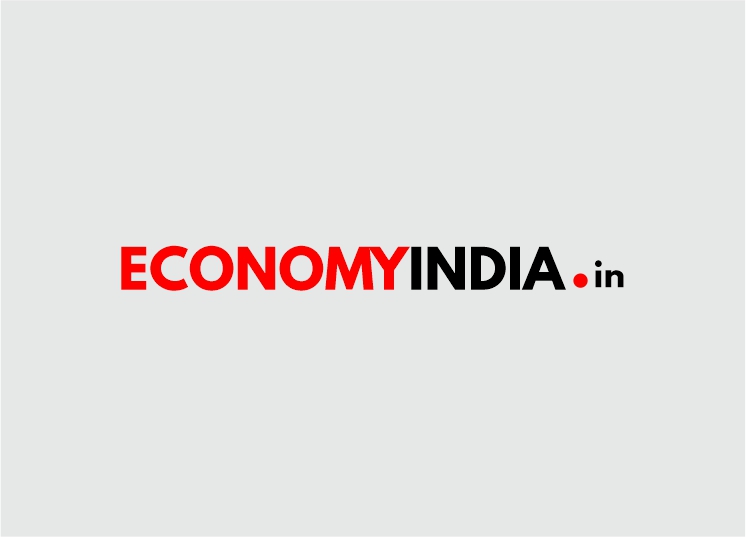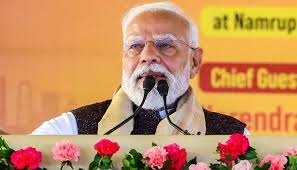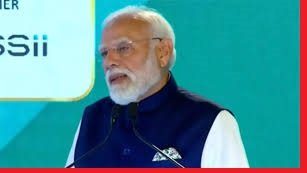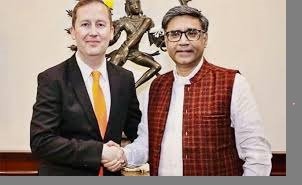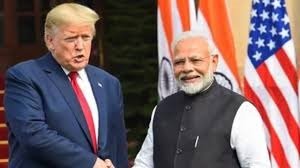It has been reported that The International Monetary Foundation (IMF) has announced the appointment of Pierre-Olivier Gourinchdas as the Fund’s Economic Counsellor and Director of Research Department on Monday. Gourinchdas will succeed Gita Gopinath who will be joining the Fund’s management team as the first deputy managing director.
“I am very pleased to announce that Pierre-Olivier Gourinchdas will join us the Fund’s next Chief Economist. He brings a stellar track record of scholarship and intellectual leadership in macroeconomic areas critical to our work—from global imbalances and capital flows to the stability of the international monetary and financial system, and more recently, to economic policies for the pandemic era,” Kristalina Georgieva, the managing director of the Fund said.
In December 2021, Gopinath, who has served the IMF as the chief economist for three years, was promoted as the Fund’s first deputy managing director. She would replace Geoffrey Okamoto who plans to leave the fund early in 2022, the report said.
Gourinchdas is currently at the University of California. He was also the assistant professor of economics at Princeton University and before that assistant professor at Stanford University. He is also the program director of International Finance and Macroeconomics at the National Bureau of Economic Research (NIBER).
IMF is an international financial institution headquartered in Washington DC. It aims to foster global monetary cooperation, facilitate international trade, secure financial stability, promote high employment, sustainable economic growth while reducing poverty around the world.
Recently it warned saying that the emerging markets must prepare for Federal Reserve’s rate hikes, warning that this faster than expected event could rattle financial markets. It could “trigger capital outflows and currency depreciation abroad,” the report said.
At the same time, IMF expects the robust US growth to continue and inflation to moderate this year. The US central bank has preponed its schedule of hiking interest rates considering rising inflation and sustained supply bottlenecks. (cnbctv18)

